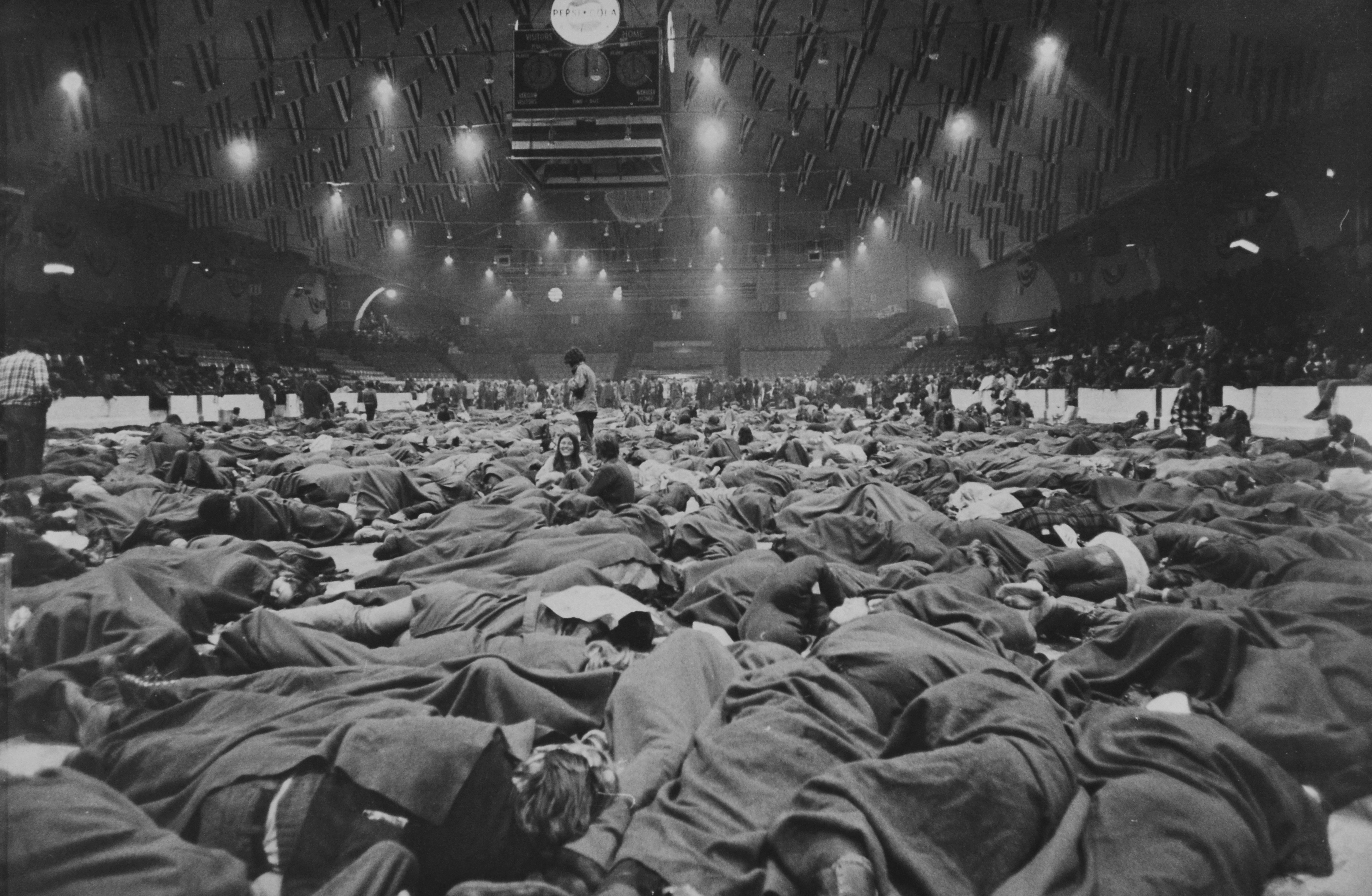In a recent call with other Asian American Pacific Islander staff at the ACLU, we used an ice breaker to ask about peoples’ comfort foods. Everyone’s responses had me reflecting on the power of food long after I clicked “Leave Meeting.”
At their best, the kitchen and dinner table are sacred spaces with no place for judgment. Eating with one’s hands is not gawped at: we can relax into the artistry of constructing the Perfect Bite and lipping jasmine rice off our fingertips in a benediction to the hands that feed and support us. There is no pressure to apologize for the aroma of kimchi or the jaw-tingling piquancy of fish sauce. The microwave — and the leftover scents it produces — is no battleground.
But during COVID-19, we have lost a vital ingredient: people. Without that vital component of others to sit and share a meal with, authenticity feels substituted into submission. And, in being mindful of the privileges I hold, that “lost” applies to some of us outside of a rhetorical loss, and that grief over family members is another crushing burden some must carry on top of everything else.
In grappling with the initial shutdown, I turned to the grocery store as one of the last frontiers of “I can do this” in such a poorly managed catastrophe. It was one of the scarce ways to organically interact without the stiff choreography imposed by Zoom invites. Trips to the grocery store were a coping mechanism to fill this bereavement, to try getting something when nothing was the safest choice.
But even while more and more anti-AAPI assaults and killings make the news and surface on social media, I recognize a certain cruelty in backing my dad’s advice to my Filipino mother that avoiding trips to the grocery store is the safest choice. (At least, advising no trips without my white dad — and no, the layers in leaning on whiteness as a literal shield in this specific context is not lost on me, either.) Despite my mixed feelings, I have leaned into this advice because I, similarly to other AAPI people in the U.S. and in this very organization, am scared. I am desperate.
In a world where so much control has been ripped away, suggesting to my mom that she sequester herself and avoid leaving the house even for something as vital as grocery runs feels like the only thing I can do — even as I recognize the subtler violence in asking her to do this given how cooking is soul work for us both. Food has always been a shared medium for us. It appears in the earliest memory I have with her when I sweated out a fever as a small child: the perfume of smashed garlic cloves clung to her cool fingers as she pushed my hair from my forehead. “The garage is your dad’s kingdom,” she told me on a recent call while grinning knowingly at me over her glasses. “But the kitchen is mine.”
Telling her not to go to the grocery store for fear of violence because of her identity as a Filipina woman feels like a severance and another casualty of this pandemic to grieve. And I am mindful that while the terror that my mom gets home safely from the grocery store remains in the realm of anticipatory grief for me, Vilma Kari’s family cannot say the same.
I know I’m not alone in saying: I am exhausted. Acknowledging this shared reality is a conjugation drill in a pandemic dialect: I am exhausted. You are exhausted. We are exhausted.
In search of a palliative, I find myself returning to the words offered by Professor Anne A. Cheng in her recent New York Times opinion piece “What This Wave of Anti-Asian Violence Reveals About America.” Professor Cheng concludes:
“All we can do is to continue to tell our truths, to know, even just for ourselves, that we are here.”
I am terrified to admit this, but I will tell you one of my truths: I don’t know what the plan is. I don’t have a policy proposal, or a litigation strategy. But I know that I can do what I can in my day-to-day, and ask the important questions to those in my community: how are you doing? Can I get you something to eat?
And as for the rest of Professor Cheng’s quote, where is here? For myself, it’s standing in my kitchen with a knife in hand, chopping onions while letting myself fall into the dreamy nostalgia of muscle memory. It’s measuring out Datu Puti soy sauce, lime, sugar, garlic, and red pepper flake for sawsawan that I use with dumplings or scallion pancakes later in the week. Here demands presence in my hands to make a red chile marinade and connect with my roots as a mixed Filipina from New Mexico. Here means going back to food not just as an escape, but as a return to a site of power, self-affirmation, and community. And, ultimately, a place where we can all be free.

